Welcome to APA Learn!
Explore the catalog by scrolling through the courses on each page or by filtering by topic, price, credit type, or credit amount. Your purchased courses will appear in your APA Learn dashboard.
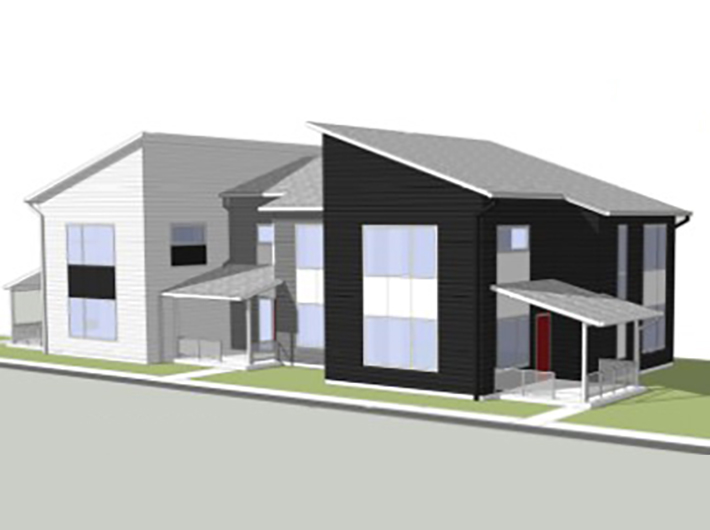
Missing middle housing plays an important role in meeting a variety of housing needs at different price points, yet it's been disappearing for decades. This course explores how four Twin Cities municipalities are removing barriers to missing middle housing development.

To avoid project shut-down, these planners learned to “surf” the waves of COVID-19 conditions, and pivot between in-person and online engagement. This case study highlights lessons learned and the “new normal” of crisis-ready outreach strategies.

Good transit access is a critical element of diverse, healthy centers. Have you ever tried to build a transit center? Too often zoning doesn't permit them. Learn how to facilitate transit center development to support mobility and enhance urban environments.

Explore Mesa, Arizona's use of VR/MR to create new engagement strategies, starting with youth and civic planning. These immersive technologies bring abstract concepts like TOD and climate-adaptation to life, allowing for experiential understanding and participatory decision-making across diverse groups.
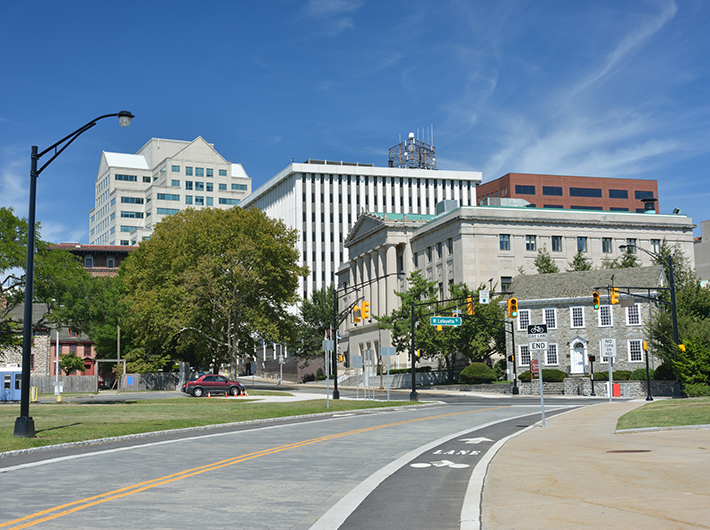
This Case Study showcases how to transform local decision making by incorporating equity, health, and accountability into transportation policies. Illustrating how small-scope studies and demonstration projects can advance implementation of complete streets.

Learn how the Southeastern Pennsylvania Transit Authority (SEPTA) is doing its part to advance the spirit of the Justice40 Initiative using data, planning, and tools to engage in practices that promote environmental justice and equity.

As the population continues to grow, affordable housing needs have quickly spread across Colorado suburbs. Join us to hear about the City of Centennial's approach to simplifying complex housing topics and finding creative solutions to a variety of outreach challenges.

Planning can be tough! I’m not sure any of us realized we would be facing so many emotionally intense situations. Join fellow planners as we laugh and cry while learning how to manage and recover from those moments.

In the wake of the pandemic, emerging work culture focuses on the power of infusing leadership with empathy. Empathy leaves space for genuine emotion at work and humanizes the workforce.
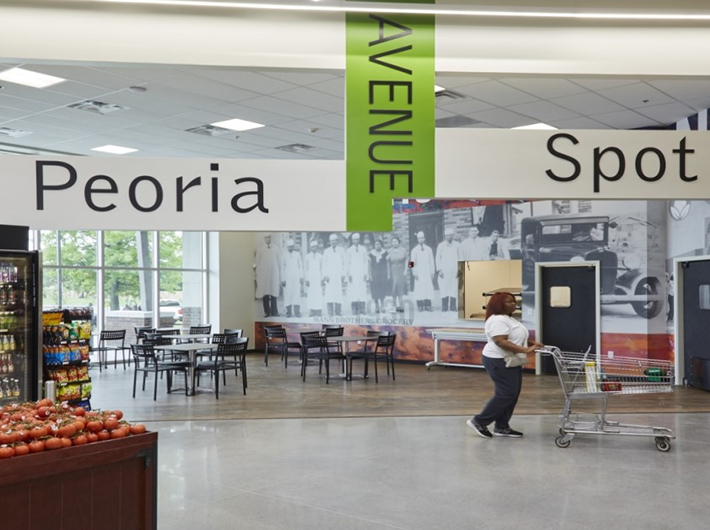
Partnerships and Federal Funding Build an Oasis in a Food Desert. Tulsa Economic Development Corporation and partners leveraged federal grant dollars and made community and equity the core of a new grocery store.

Tulsa adopted its Neighborhood Infill Overlay in December 2021, after years of planning and community engagement in downtown-adjacent neighborhoods. The overlay removes barriers for new missing middle housing and brings historic missing middle building types into compliance with zoning.

The Mapping Segregation Project maps how racial restrictive covenants led to the inequitable development of Montgomery County, Maryland. The Planning Department has built a GIS mapping tool and data set that shows patterns of racial segregation at the neighborhood level.
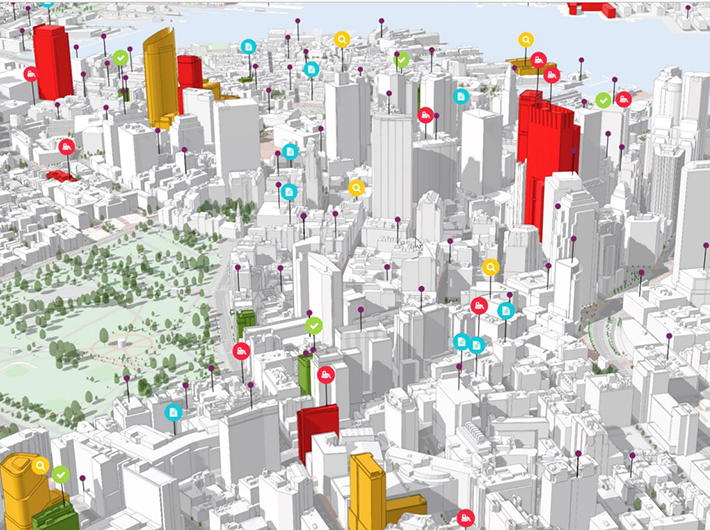
Imagine having the ability to evaluate the fiscal impacts of development on your agency’s operating budget at your fingertips. Our Esri-based model generates visual and numerical fiscal impacts of new development, from single-lot redevelopment projects to multiple-use plan areas.

This webinar will explore key skills needed to manage conflicts in planning work. It will focus on managing relationships and finding the best ways to design meetings for better planning outcomes.

During comprehensive planning processes, planners often hear concerns about plans being written only to "collect dust on a shelf". This session will describe the Kansas City, Missouri's efforts to modernize comprehensive planning and provide more awareness and transparency through implementation.

Planners understand the importance of equity, diversity, and inclusion in planning. Knowing how to move beyond understanding towards action is needed. This presentation will help you develop tools to move into action.
CM I 1.00 (1.00 Equity)
Nonmember Price: $40.00
Member Price: $20.00
For a complete list of Speakers, click here.
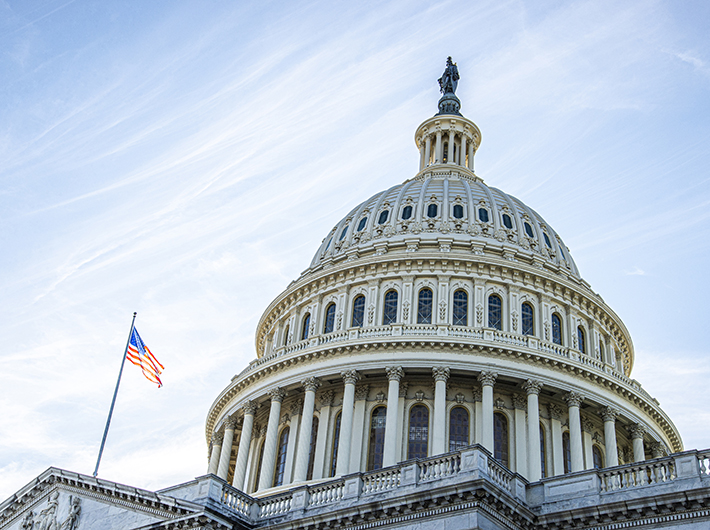
From new zoning reform grants to the roll out of Bipartisan Infrastructure Law programs, federal resources for planning are growing both in size but also complexity. Find out what the opportunities are and what’s been learned from initial implementation efforts.
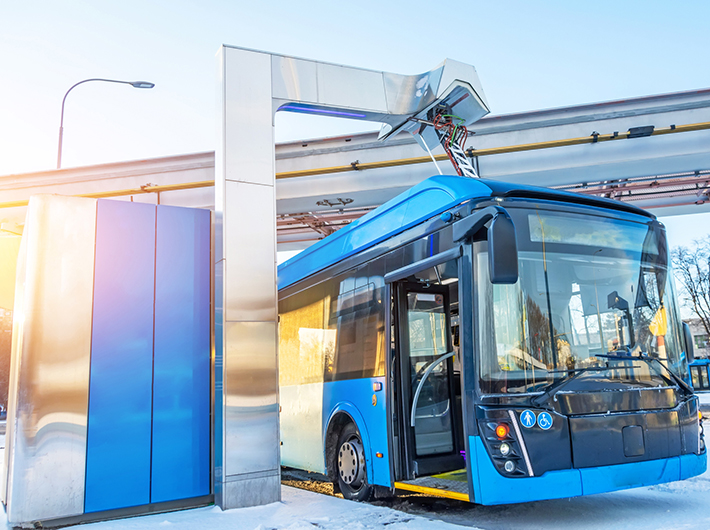
Transit agencies outside metro areas often don't have reducing emissions at the top of their to-do list. Learn how transit providers are tackling the issue head on and striving to make a difference.

The session will explore new ways to address old problems regarding lack of housing. Five International Fellows in MIT’s Special Program for Urban and Regional Studies will discuss how Buenos Aires is trying to integrate “informal areas”, both economically and politically, into the main city; Mexico’s Social Housing Federal Program; the work of Without Borders to retrofit and strengthen old housing; construction of infrastructure in Bhutan’s low-income settlements; and a proposed zoning tool to enable middle to low income landlords in Mexico City develop mid density housing without having to sell their land to private developers or partner with them if they prefer.

This session will introduce the significant advancements in GIS highlighting new tools and workflows changing the way planners work to create smarter recommendations and plans.

NPC24 Opening Keynote: Changing the Pace: The Impact of Multicultural and Multigenerational Momentum
Get ready to be inspired and motivated at the Opening Keynote! Join us as we welcome Lori Pace, for an unforgettable morning of passion, inspiration, and personal growth.

Learn from seasoned municipal planners leading diverse teams in Miami, Charlotte and Chicago as they successfully adapt to the challenges of recruiting and retaining staff.
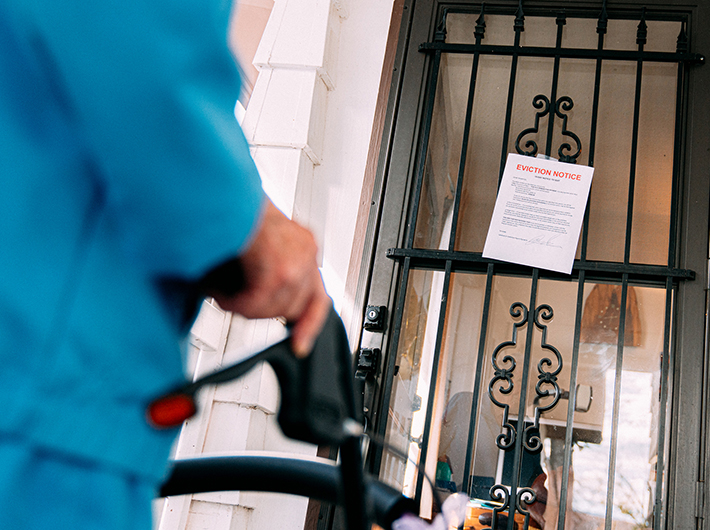
Learn the keys to launching, implementing, and adapting a nationally recognized program for eviction diversion. The program has undergone several changes since its inception during the pandemic. Presenters us data and outcomes reporting to tell the story.

Lost a great idea to the rigidity of a municipal attorney? Prep to pass the Planners' Bar, thinking critically about land use law, its impact on our projects and profession, and the change we can make for the future.
CM I 1.00 (1.00 Law)
Nonmember Price: $40.00
Member Price: $20.00
For a complete list of Speakers, click here.
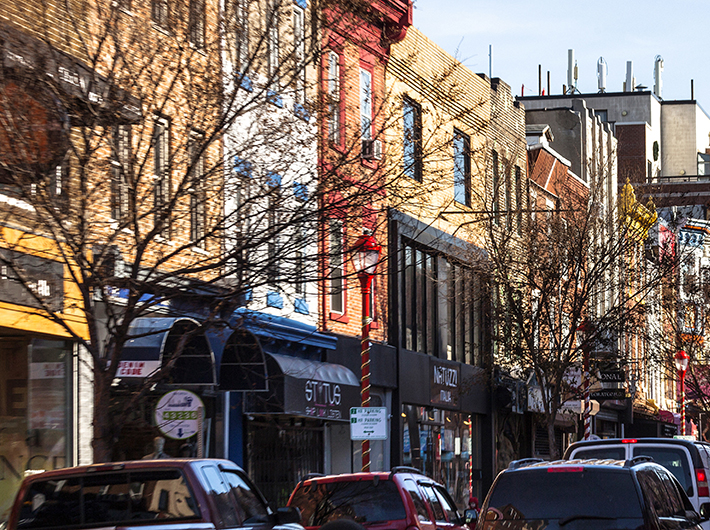
Planners play a pivotal role in defining the uses that determine a balance of residential and nightlife. New nighttime governance systems require planners’ input to facilitate safe social spaces, anticipate mobility challenges for patrons and workers, and prevent late-night disturbances.

The disruption of the nation’s food supply brought by COVID-19 showcased the need to plan for a more resilient food system. Learn how planners can address systemic vulnerabilities and increase food security at the national, regional, and community levels.

The follow-up to the popular Planning Supervisors’ Playbook, Part 1, includes 3 interactive sessions that go deeper into key managerial skills. Sessions will focus on reimagining your team, building an inclusive environment and supporting resiliency.
CM | 4.50
Nonmember Price: $180.00
Member Price: $90.00
For a complete list of Speakers, click here.

Jumping into a supervisory role or any level of management is a career goal many people share. While basic management skills are a necessity, there are unique challenges and situations which only a planner will face. This six-part series course is designed to provide you with tools needed for supervisory success.
CM I 7.0 (1.5 Law) (1.5 Ethics)
Nonmember Price: $280.00
Member Price: $140.00
For a complete list of Speakers, click here.

This two part course will introduce you to the roles and responsibilities of planners in the hazard mitigation planning process. In particular, you will learn how to effectively plan, mitigate, and advocate for effective risk reduction and community resilience.
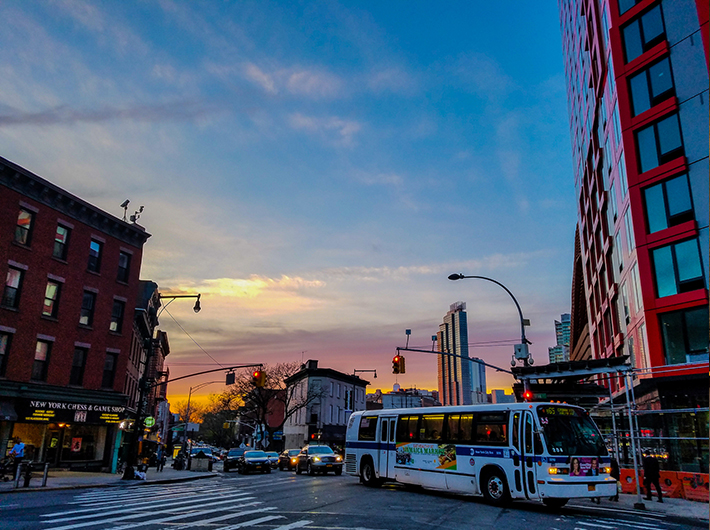
In 2019, a critical arterial in Manhattan was transformed into the 14th Street Busway, prioritizing transit and trucks, while banning nearly all vehicles. This Case Study explores how the project was implemented and created a template for urban mobility corridors.
